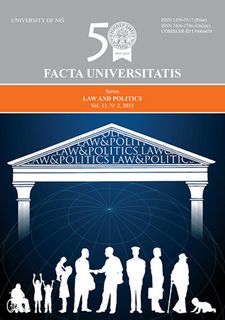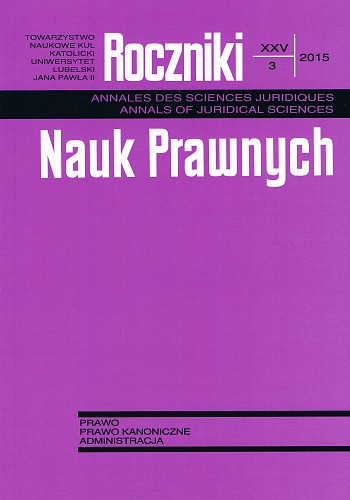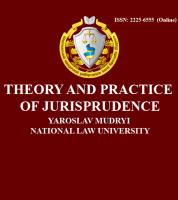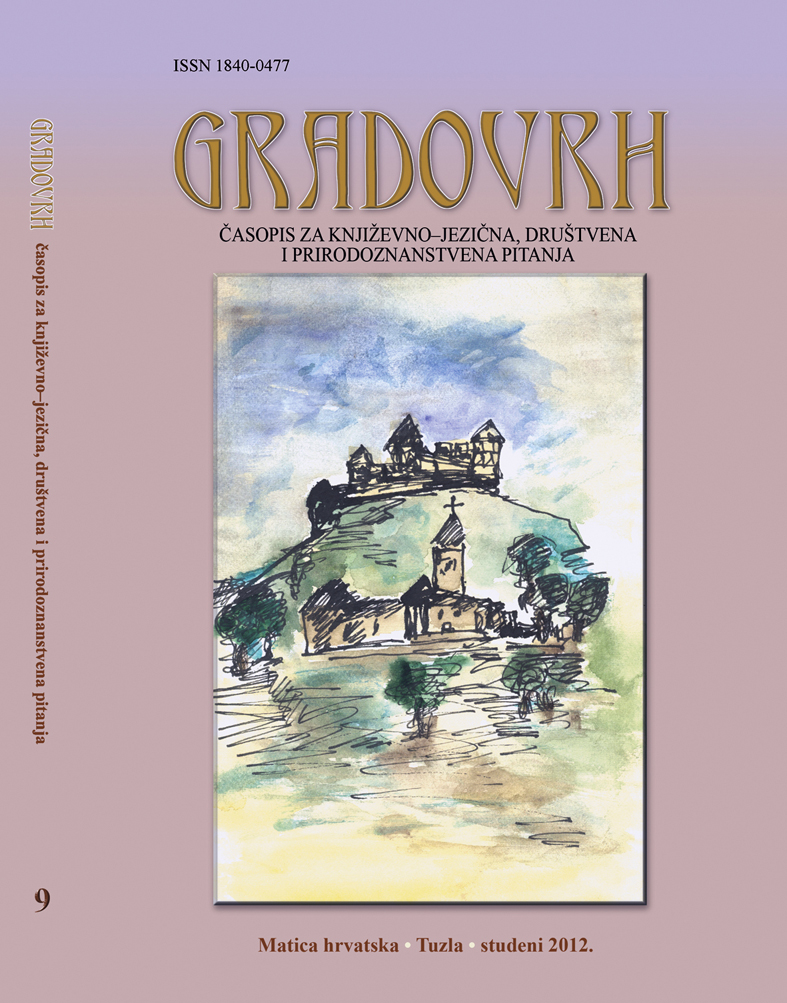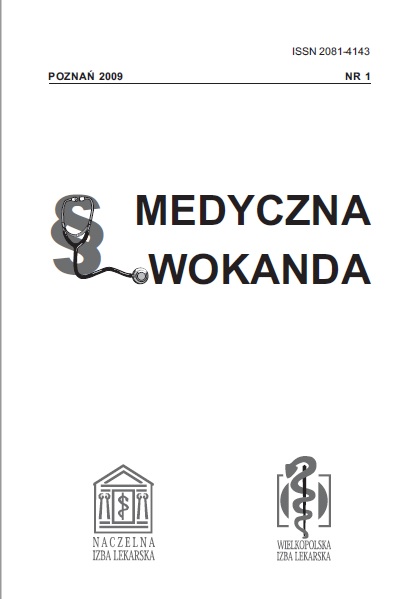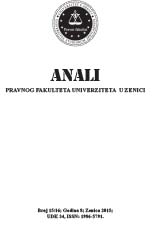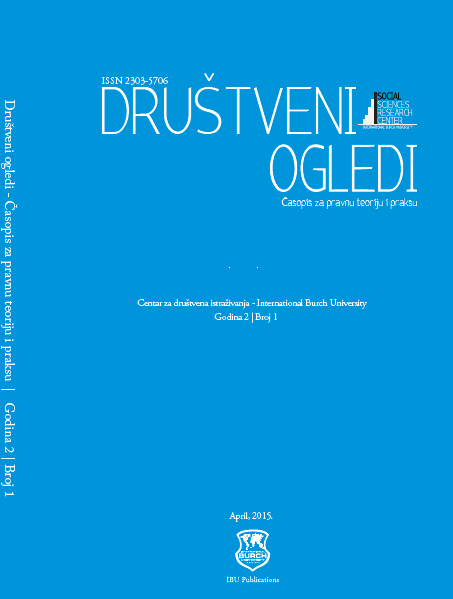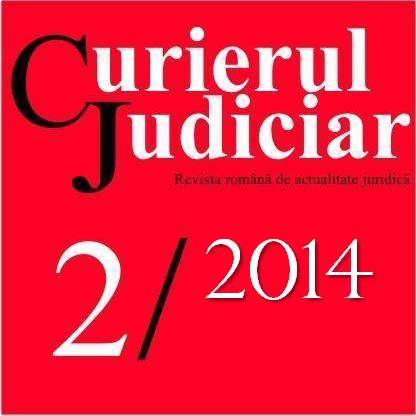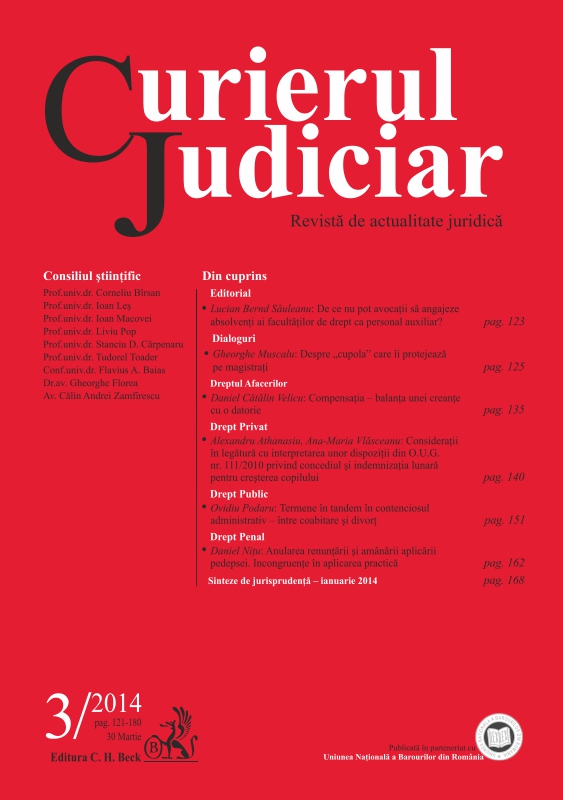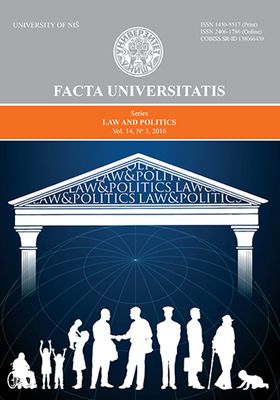Author(s): O. Sydorenko / Language(s): Ukrainian
Issue: 130/2015
The article describes the identifying areas of influence of the European Court on the legal system of Ukraine, as well as the enforcement mechanism of decisions. Analyzes the problems that affect the designated question and points of view of different scholars and practitioners. In Europe there are different documents – convention covenants, charters that provide and ensure the inclusion of a special protection mechanism in case of violation of human rights. These documents Convention on Human Rights and Fundamental Freedoms (Rome, 1950, hereinafter - the Convention), which provides the most effective and real protection mechanism for human rights. Convention not only proclaimed fundamental human rights, but also created a special mechanism to protect them. The key to this mechanism is the European Court of Human Rights. European Court of Human Rights (hereinafter - the Court) located in Strasbourg, France. Its jurisdiction extends to forty-seven European states that are members of the Council of Europe and signatories. Article 9 of the Constitution of Ukraine clearly states that international treaties, ratified by the Verkhovna Rada of Ukraine are part of the national legislation of Ukraine. The Court can not apply the law that governs the legal relationship in question, other than an international agreement. However, international agreements apply if they do not contradict the Constitution of Ukraine. Urgency of the problem by the growth requirements of the rule of law in the judiciary, increasing legal awareness of citizens and their activity to protect their rights and freedoms, the presence of non judicial legislation with international legal acts. Procedural legislation of Ukraine in many aspects not harmonized not only in line with the decisions of the European Court, but also to the current constitution. Ukraine ratified the Convention for the Protection of Human Rights and Fundamental Freedoms July 17, 1997. Since then, the citizens of our country have an opportunity to apply for protection of violated rights to the European Court. The Convention, the basic human rights and freedoms, and in performance of work by an international agreement is necessary to consider the interpretation of the Court. It follows from Article 32 of the Convention, according to which the jurisdiction of the Court shall extend to all matters concerning the interpretation and application of the Convention and its Protocols. The case-law of the European Court increasingly becoming an important source of law in Ukraine. The European Court is the subject of judicial lawmaking. The high authority of the European Court was obtained by ensuring uniform interpretation and application of the Convention across the entire European continent. Number of appeals to the European Court is growing, and more and more of its decision relating to the interpretation of law, and the problems of its imperfection.Law of Ukraine «On execution of decisions and application of the European Court of Human Rights» dated February 23, 2006 by fundamental for the legal system of Ukraine provisions. The existence of precedents of the European Court as a unique source of law is due, usually gaps in the law or its ambiguous understanding. In terms of reforming legislation of Ukraine, the European Court in its systematic conceptual models provide certain legislative activities. The court is designed to ensure strict adherence to and compliance with the rules of the Convention by the States Parties. It carries out this task through the consideration and resolution of specific cases taken him to the proceedings on the basis of individual complaints filed by an individual, group of individuals or non-governmental organization. It is also possible filing complaints of violations of the Convention by the State - a member of the Council of Europe of another Member State. European court can not reverse the decision rendered by a public authority or national court does not give instructions to the legislator, the abstract does not control the national legislation or judicial practice has no right to order measures with legal consequences. The Court considers only specific complaint in order to establish whether indeed been admitted violation of the Convention. However, the Court has the right to award «just satisfaction claim» in the form of financial compensation for material damage and moral damages and compensation side that won all costs. European Court puts the main purpose of the payment of financial compensation for infringement of the applicant's main task - to draw attention to the fact of violation of the relevant articles of the Convention and provide the applicant all remedies, where he was denied a national legal system
More...

